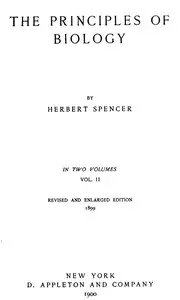"The Evolution of Man — Volume 1" by Ernst Haeckel is a scientific exploration that connects the development of human embryos to the evolutionary history of our species. Haeckel investigates the stages of human growth, arguing that an individual's development retraces the evolutionary steps of their ancestors. He begins by posing important questions about humanity's natural history and highlights the crucial link between the study of embryos and the study of humankind. In his argument, Haeckel explains that human embryos initially showcase features of simpler life forms like fish and amphibians, explaining the deep-rooted history of humanity and supporting the integration of these evolutionary concepts into the scientific education of the time.

The Evolution of Man — Volume 1
By Ernst Haeckel
Witness the astounding claim that the secrets to humanity's origins lie hidden within the earliest stages of human growth.
Summary
About the AuthorErnst Heinrich Philipp August Haeckel was a German zoologist, naturalist, eugenicist, philosopher, physician, professor, marine biologist and artist. He discovered, described and named thousands of new species, mapped a genealogical tree relating all life forms and coined many terms in biology, including ecology, phylum, phylogeny, and Protista. Haeckel promoted and popularised Charles Darwin's work in Germany and developed the influential but no longer widely held recapitulation theory claiming that an individual organism's biological development, or ontogeny, parallels and summarises its species' evolutionary development, or phylogeny.
Ernst Heinrich Philipp August Haeckel was a German zoologist, naturalist, eugenicist, philosopher, physician, professor, marine biologist and artist. He discovered, described and named thousands of new species, mapped a genealogical tree relating all life forms and coined many terms in biology, including ecology, phylum, phylogeny, and Protista. Haeckel promoted and popularised Charles Darwin's work in Germany and developed the influential but no longer widely held recapitulation theory claiming that an individual organism's biological development, or ontogeny, parallels and summarises its species' evolutionary development, or phylogeny.

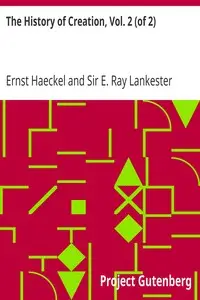
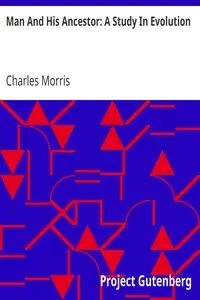
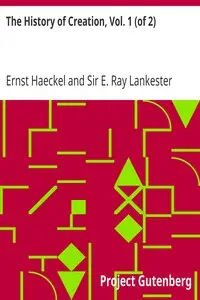




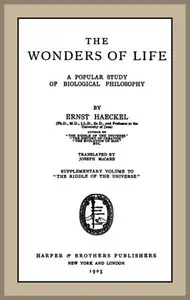


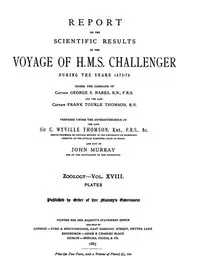
![Birds and Nature, Vol. 10 No. 3 [October 1901] by Various](https://cdn.a2-host.cloud/EU0S7n7O1bL3hzsFzwEo8vp1opZyedZFB2AHztG3ccI/rs:fill:215:325:0/g:ce/aHR0cHM6Ly9zcC1hc3NldHMuczMudXMtd2VzdC0wMDQuYmFja2JsYXplYjIuY29tL2Jvb2svNDk5ODIvQmlyZHNfYW5kX05hdHVyZV9Wb2xfMTBfTm9fM19PY3RvYmVyXzE5MDFfY292ZXIuanBn.webp)


